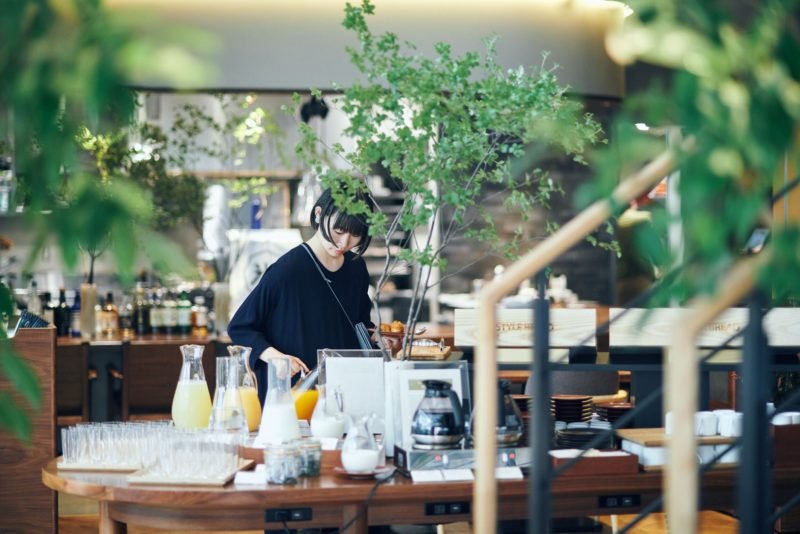Crowd-Funding Meets Peer-To-Peer At Hamburg’s Neighborhood’s University
“A DIY low-budget high-quality community-run luxury-hotel and ‘university as a marketplace’ in the neighborhood”? Many trending keywords in a raw, one great crowd-funded peer-to-peer project!
Four years ago the Urban Design department of the HCU-Hamburg took the initiative to turn an old, abandoned building in Hamburg’s Wilhelmsburg district into a Neighbourhood’s University. By using the department’s expertise and knowledge in the fields of education, low-budget architecture, locally embedded economy, re- and up-cycling of materials and social engagement in the neighbourhood as well as volunteer spirit and passion, the team managed to create a space that can host workshops, seminars, research activities and housing.

The vision of the building’s re-use and regeneration doesn’t end here. The initiators decided to merge the already existing academic perspective and use of the building with that of a hotel, and create the Neighborhood’s University ‘Hotel Wilhelmsburg’. The new function will serve as a “spatial and functional extension of the UdN”. Thus, it would be possible to advance this working space into a co-creating one. What is more, by adding a local entrepreneurial initiative within a volunteer academic concept it would be possible to create a connecting link between the local community and the developing hub.

The dual development and use of the space derived from the challenges and research questions that the academic team has stated in the beginning of their project: “(W)hat does “Quality” mean under the aspect of low-budget conditions?” and “(H)ow can “dwelling as a practice” be understood regarding changing conditions of demography, economy, migration and environment?”. By adopting an embedded research design and thus managing to deal on a face-to-face level with the local issues, the initiators came up with the realization of this bottom-up and somehow DIY development project. It should be mentioned that the final design for the accommodation addition to the building has derived from a series of workshops and co-design sessions.

Another very interesting aspect of the project, except for its architectural concept and realization, is that the initiators of the Neighborhood’s University established a crowd-funding and peer-to-peer campaign. It could be argued that their campaign is mainly aiming on the latter one, as it invites people of any field, who are willing to offer their skills, to participate in the co-design and building processes. Following two major urbanism trends (check here and here), the research group is about to prove that low budget conditions can lead to high quality development results with an important outcome for the local community as well. Their goal is to prompt local actors to participate not only in the realization process, but also in the future daily operation of the hotel.

The initiative’s goal to put radical pragmatism into test is a really intriguing one. The building and organizational processes of the accommodation facility as well as its further development to a multifunctional space make this project a keep-an-eye-on urbanism project.



